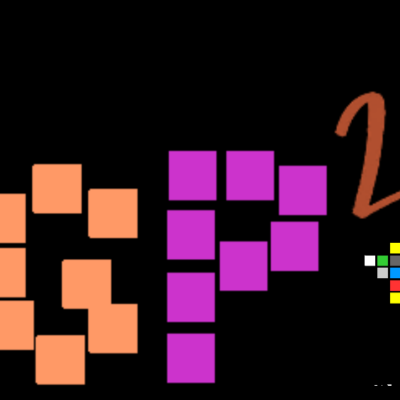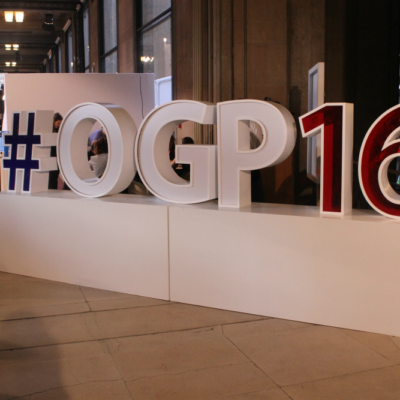Text by Triin Ilves
Photos by Triin Ilves and Patricia Senge
The opening plenary of the Open Government Partnership Global Summit of 2016 gathered many of today’s leaders of the free world. Whereas Germany was one of the most surprising country to join the OGP only now, also leaders of Burkina Faso, Haiti, Jamaica, Luxembourg, Madagascar, Morocco, Pakistan, Portugal, Senegal, and Afganistan welcomed their new mandate and became officially a member state of the network.
The next concrete actions for the future have to be extending the community and renewing our joint governance, said president François Hollande.
For many, OGP is just a cool kids’ club and national action plans are not taken serious enough. Hollande noted that this attitude needs to be changed and active involvement as well as engaging citizens is the key for future success.
Manish Bapna, vice president of the World Resources Institute stressed that OGP is the frontline to many government reforms. “We need to use the power to create changes, because if not us, then who,” he asked.
Listing the key factors that are important for positive change, Bapna explained that we [the civil society members – ed.] need to protect civic space, foster citizen-centered governance, embrace co-creation and dialogue, and guarantee the transformation, not just implementation of various programs. “We must go further, faster!” he noted.
Luckily, more and more good practices have grown out of the open government initiatives. One of them comes from Slovakia, where now all of the government contracts have to be published online in a central registry before companies or individuals receive any payments, explained Suzana Wienk, a member of the OGP’s steering committee.
Wienk added that a bold idea can originate from a small country, but often it the leading force behind a change has to be a bigger country who would also implement a similar change. Only then would the bigger transformation emerge, she said.
Adding the digital sphere to the openess
Digitalization is a form of expression, Hollande noted.
The digital technology has changed the world as well as the relations between the state and the government, he added.
Transfering legal agreements to everyday life is essential for change. This is, however, only possible if information and digital assets are properly shared.
Kersti Kaljulaid, president of Estonia also noted, that after implementing the easy access to data, open government ideas follow quite naturally. Online services make it easier to monitor who is actually using the data.
However, the digital side is only one part of the coin. Kaljulaid also stressed that the other side is the actual participation, especially on a local level.
The golden solution?
“Open government can’t solve all problems but these problems can’t be solved without open government,” Bapna concluded.
Democracy has to become trustworthy again. We need to support those who favour it, Hollande added.
Or as the “founding father” of the OGP, president Barack Obama put it: “Most important title is not the president or prime minister, it’s the citizen.”






